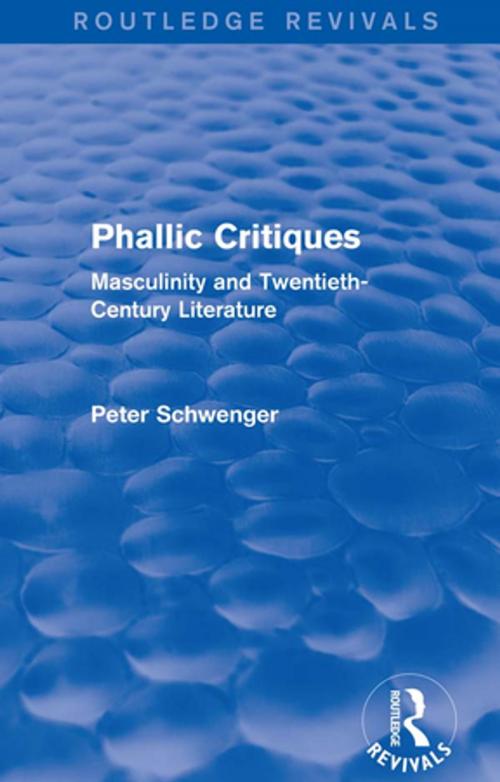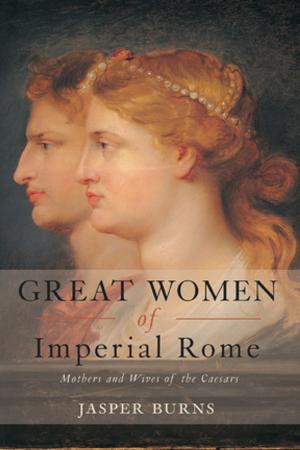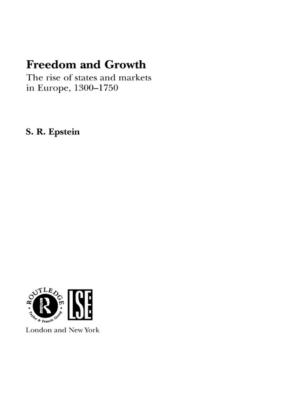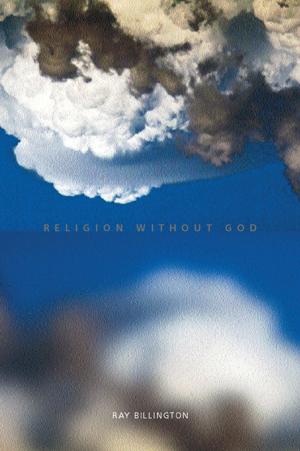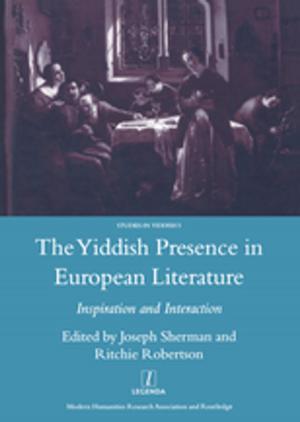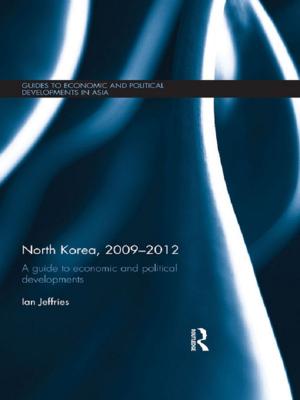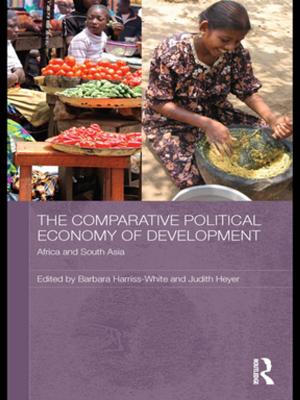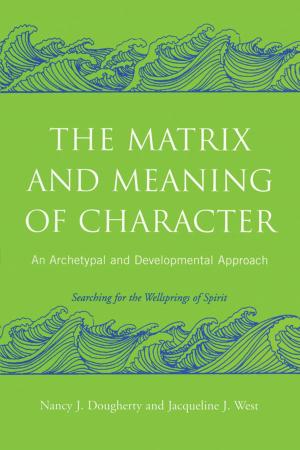Phallic Critiques (Routledge Revivals)
Masculinity and Twentieth-Century Literature
Fiction & Literature, Literary Theory & Criticism, Reference, Theory| Author: | Peter Schwenger | ISBN: | 9781317569862 |
| Publisher: | Taylor and Francis | Publication: | October 14, 2014 |
| Imprint: | Routledge | Language: | English |
| Author: | Peter Schwenger |
| ISBN: | 9781317569862 |
| Publisher: | Taylor and Francis |
| Publication: | October 14, 2014 |
| Imprint: | Routledge |
| Language: | English |
Phallic Critiques, first published in 1984, is a study of ‘masculine’ styles of writing in the twentieth century – an age, according to Virginia Woolf, when ‘virility has become self-conscious’. Writers who carry macho values to their extreme often subscribe to the popular feeling that writing is an effeminate activity for a real man to be engaged in. Consequently they attempt to forge ‘masculine’ style of writing in an effort to redeem language from its sexually suspect nature. These styles reveal much about the ambiguous and paradoxical attitudes of men towards their own masculine role.
Peter Schwenger demonstrates the international nature of ‘masculine’ styles. His study ranges from such American authors as Norman Mailer, Ernest Hemingway and Philip Roth, to figures like Yukio Mishima, Alberto Moravia and Michel Leiris. This book should be of interest to students of literature.
Phallic Critiques, first published in 1984, is a study of ‘masculine’ styles of writing in the twentieth century – an age, according to Virginia Woolf, when ‘virility has become self-conscious’. Writers who carry macho values to their extreme often subscribe to the popular feeling that writing is an effeminate activity for a real man to be engaged in. Consequently they attempt to forge ‘masculine’ style of writing in an effort to redeem language from its sexually suspect nature. These styles reveal much about the ambiguous and paradoxical attitudes of men towards their own masculine role.
Peter Schwenger demonstrates the international nature of ‘masculine’ styles. His study ranges from such American authors as Norman Mailer, Ernest Hemingway and Philip Roth, to figures like Yukio Mishima, Alberto Moravia and Michel Leiris. This book should be of interest to students of literature.
